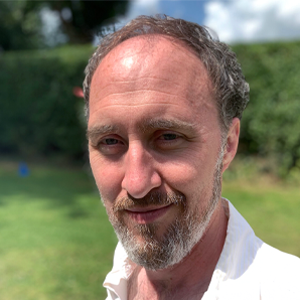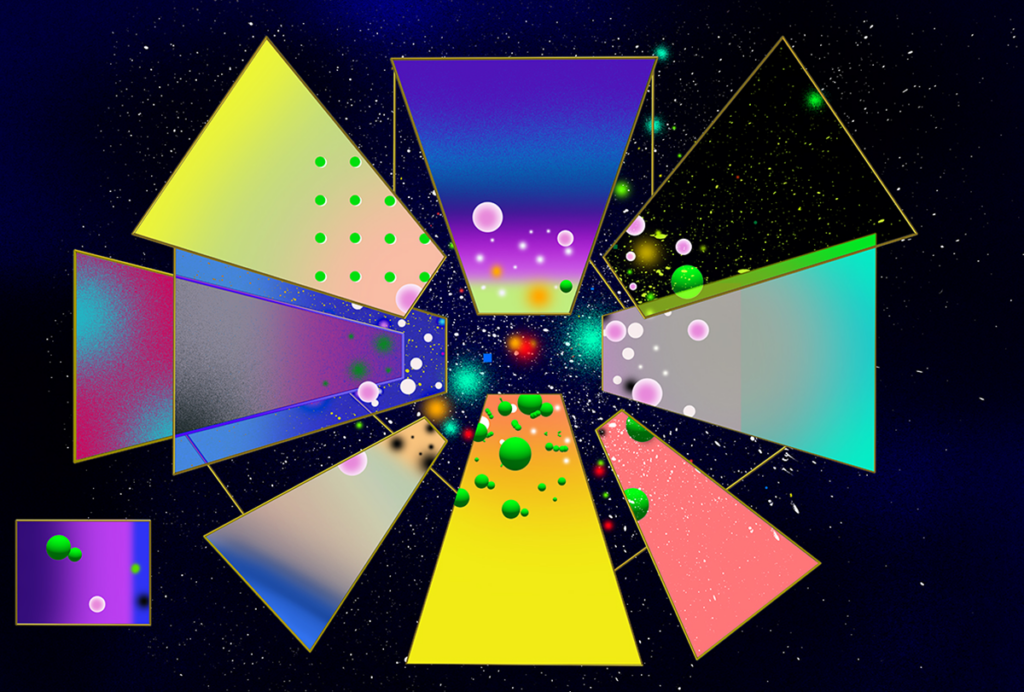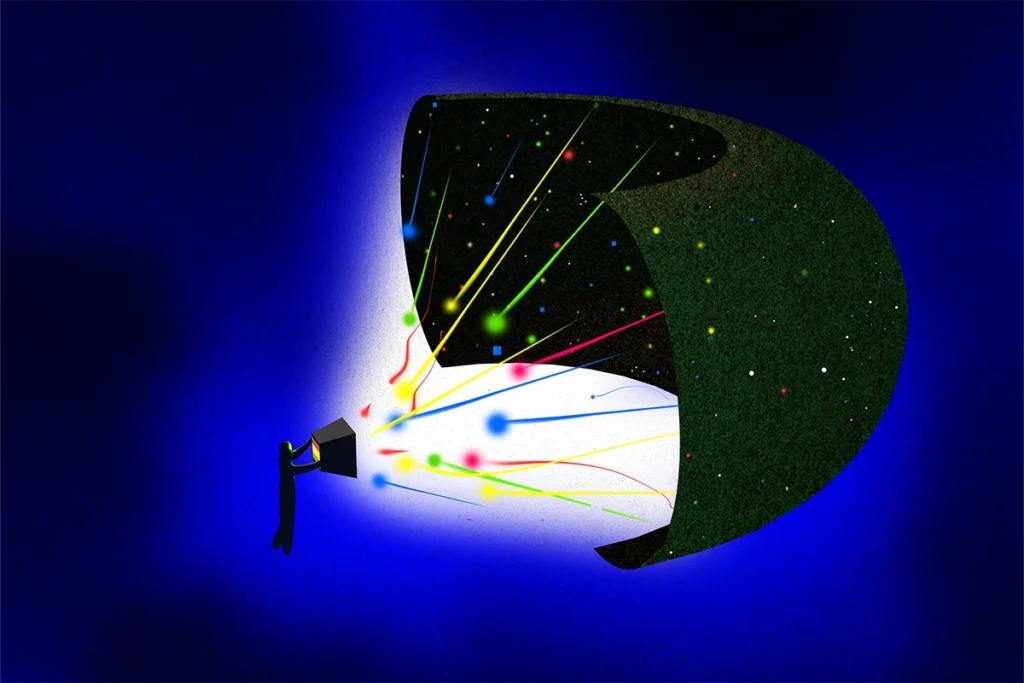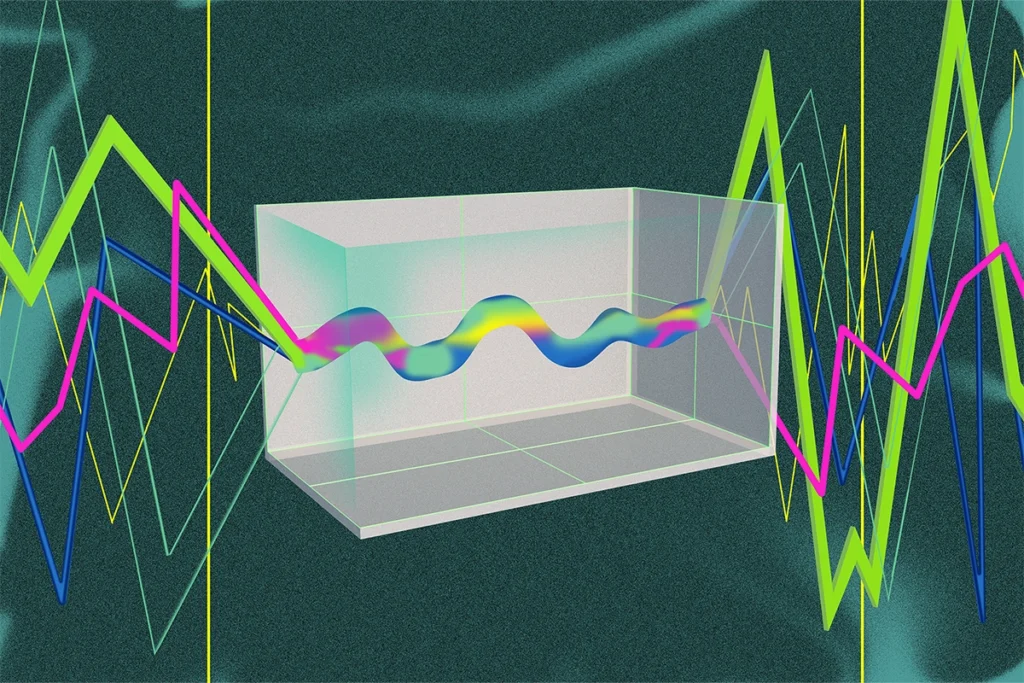Mark Humphries is a theorist, neuroscientist and writer.
His lab studies how neurons collectively encode information about the past, present and future to guide behavior. He authored the popular science book “The Spike: An Epic Journey Through the Brain in 2.1 Seconds” and writes extensively about the brain for a broad audience at Medium and elsewhere.
Humphries is chair in computational neuroscience at the University of Nottingham. He previously held a senior fellowship from the United Kingdom’s Medical Research Council at the University of Manchester. Before that, he had a three-year fellowship at Ecole Normale Superieure in Paris. He did his postdoctoral and Ph.D. training at the University of Sheffield.






